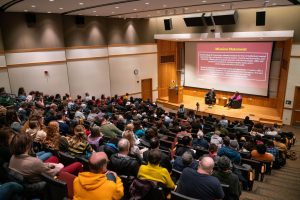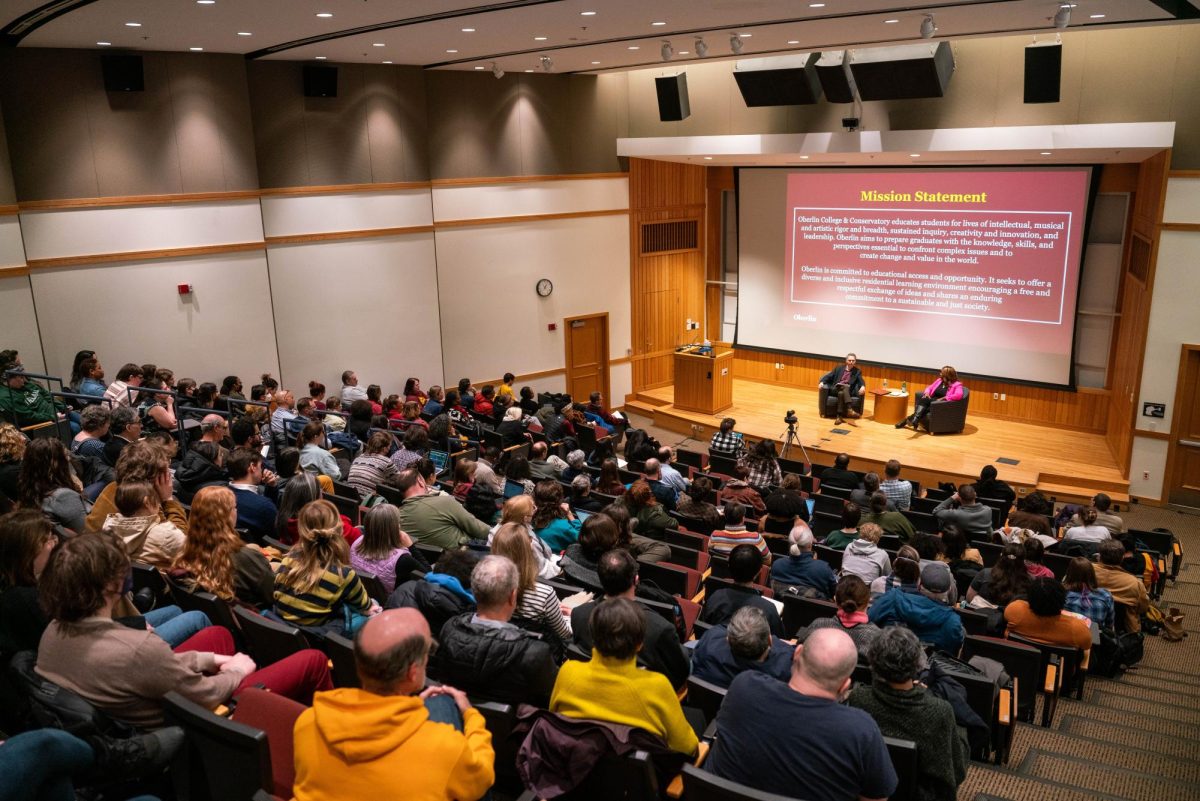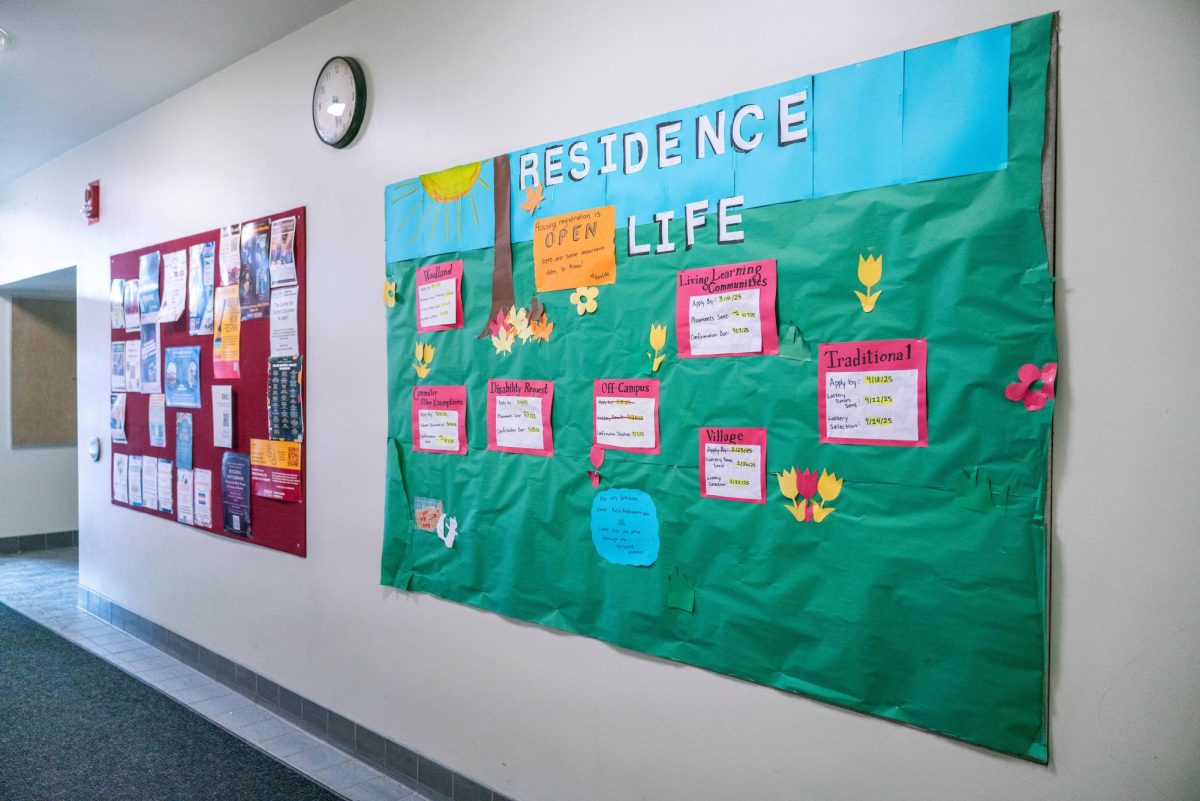Accessibility of College One Cut We Can’t Afford
March 2, 2012
Thursday, Mar. 1 saw the shutdown of the University of California, Santa Cruz in the midst of a student-organized protest of the governor’s proposed state budget cuts for higher education that would bring drastic increases in tuition and fees for this year and the near future. All vehicle entrances to campus were blocked by groups of student protesters: some with tents, others with giant yellow tarps decorated to look like the school’s Banana Slug mascot. Four students now have minor injuries after a run-in with a determined car that drove away bearing the spilled paint and kick marks of the protesters’ retaliation. Classes were rescheduled beforehand or canceled as administrators tacitly showed their support for the action.
The UC students’ complaints are hardly radical. Rather, they hearken back to one of the core American values to come out of the last century: that all members of our society willing to work hard will be able to get a college education. To a country (for better or worse) seeking to secure its role as a major global power after various wars and international as well as internal political upheavals, this meant massive government investment beginning with the G.I. Bill and continuing through the establishment of the Pell Grant, Stafford Loan, Perkins Loan, Federal Work Study and PLUS Loan programs. Then in 1980, Congress decided to organize the Department of Education to ensure “access to equal educational opportunity for every individual.” These federal commitments were created as a backbone to states’ sustained support for their own institutions of higher education.
Ironically, the aforementioned policies played a part, alongside the pressures of a changing global economy, in transforming higher education in this country from a life-changing opportunity for those who decided to pursue it into a more-or-less necessary step in the path to a productive career. And the undergraduate degree that employers in most fields now expect to see on résumés is becoming ever more absurdly expensive.
This year, as UC Berkeley’s Robert Reich reported for the Christian Science Monitor, postsecondary tuition and fees will increase an average of 8.3 percent nationwide (with California a high outlier at 21 percent). As the vast majority of states cut funding for public universities by as much as 25 to 40 percent, federal grants and loans are covering a smaller and smaller proportion of students’ costs than in the past. One more important statistic: 70 percent, the extent to which an American’s income will be higher if they hold a bachelor’s degree versus a high-school diploma. Rick Santorum’s recent charming jab at college graduates as Obama-caliber “snobs” thus appears especially hypocritical; the man graduated from Penn State and went on to receive an MBA from the University of Pittsburgh as well as a degree from the Dickinson School of Law — demonstrating how instrumental his education proved for a lucrative career as an attorney, political consultant, and U.S. senator.
Tuition and fees for out-of-staters at the University of California has already risen to $36,078, and with the state’s budget process perpetually paralyzed by anti-tax Republicans, further spending cuts and tuition hikes are all but inevitable. For reference, the tuition and fees for a year at Oberlin with no financial aid is $43,210. Students at small, private liberal arts colleges like Oberlin understand that we pay a premium for the unique education we get, but that does not mean that we want to see public universities become as prohibitively expensive as our institution.
We want to live in a society where people find it worthwhile to become college-educated, accruing all the benefits to our democracy, economy and culture that stood as the ideals behind the G.I. Bill. So let us express our solidarity with the UC students speaking out for the values we once shared as a country. Undergraduate education should be something a person has to think seriously about only in the context of the intellectual and philosophical questions they encounter while pursuing it.






















